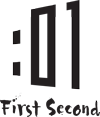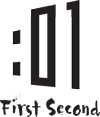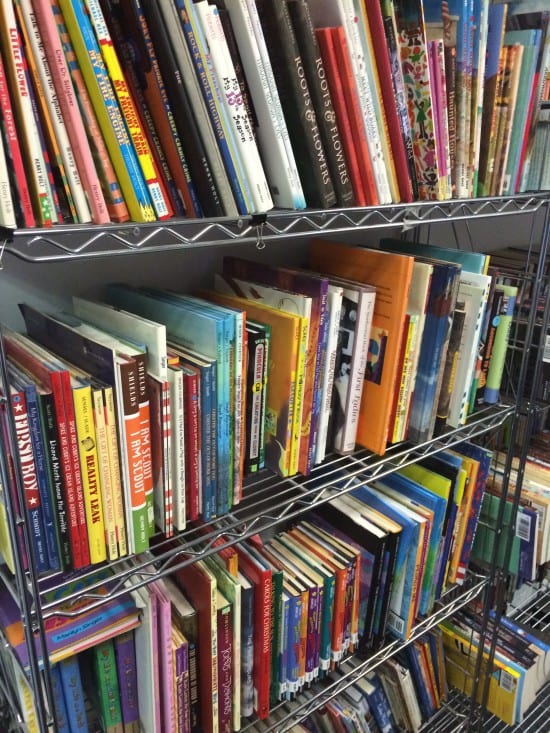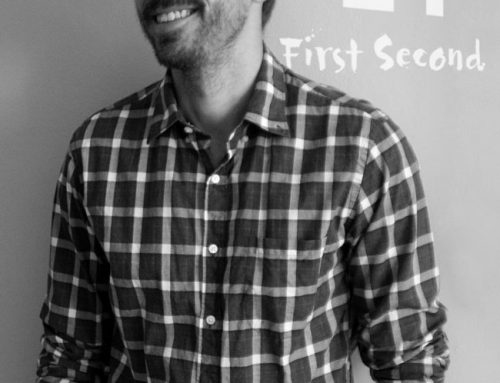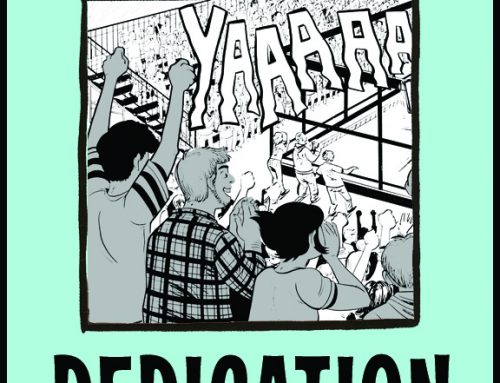test heading
(some of the books in the hallway outside our offices)
I’m a big fan of publishing, as an industry. I think it’s fascinating to learn about the history of how we’ve published books in the US (and around the world), and why people have made the creative and business decisions that have led to our current industry state today. It’s got both historical and sociocultural interest! How cool is that?
(Yes, I’m a book nerd. You’ve probably figured that out by now, considering that I work at a book publisher.)
So there’s a lot of behind-the-scenes, through-the-years knowledge about publishing that I have, in part because it’s my job to know about all of this stuff, and in part just because I find it interesting.
But what about you? As an aspiring author, what things do you have to know about the book and the comics industry to get published? Do you have to know anything at all?
The real answer here is, if you make an amazing book, you’re 100% set. We are always in search of amazing books, which we want to publish, whether or not the author has ever heard of a trade magazine or the Newbery Award or Ursula Nordstrom or Jack Kirby. Even if you’ve never stepped in a library. (Though we do feel that if you’ve writing books and have never stepped into a library, you should remedy this at once.)
However! It can be easier for you, as an author, to get your book published and go through the publication process if you know a bit more about how the publishing industry works. We talk on this blog about publishing things like age categories, genres, book design, distribution — having an idea about how all of those work can be helpful in going through your own publishing process.
There’s definitely a lot of stuff that publishers assume that authors know about about the publishing process that you may not know if you don’t have friends who’ve already been published and walked you through it, if you haven’t been reading publishing blogs, if you haven’t read Dear Genius, etc.
Here’s an example: Gene Luen Yang’s American Born Chinese was the first graphic novel ever to be a finalist for the National Book Award (yay!). We submitted the book to the award; when a book is a finalist, the National Book Foundation (who gives the awards) calls the authors to notify them the day before they do the actual announcement. And they want to talk to the author to make sure they know about this before they do the announcement.
So the National Book Foundation calls up Gene Yang; he’s not home and the answering machine gets the call. “It’s the National Book Foundation and we’d like you to call back right away at any time — here’s our number.” ‘I’ve never heard of these people,’ thinks Gene. ‘This can’t actually be important or time-sensitive.’ (They did finally connect, but it took a while.)
Being aware of what opportunities there are — and knowing the industry and the market well enough to have a reasonable sense of where your book fits into the available opportunities — is something that I think can only help you as an author. It helps you to be able to have conversations with your publisher about your and their expectations for your book, and how those expectations are going to become a reality. And it helps you have conversations with other people in the industry about how they can help support your book — for example, before meeting up with some librarians, it might be good to know how your publisher promotes and sells books to libraries.
You can definitely get by as an author without knowing anything about the publishing process. But gaining an understanding of how things work behind the scenes can help you to make sure that your book is being published in the best way possible!
